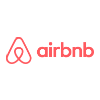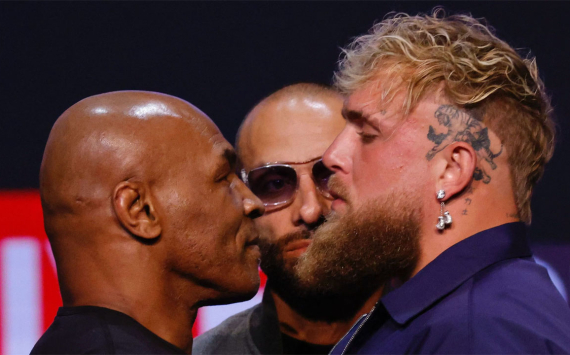
The coronavirus pandemic has been bad news for business. But even as some technology companies have been squeezed tight, others have actually seen a boost.
Despite some major PR disasters around privacy and security issues, Zoom's stock price more than doubled since December. And its user numbers have exploded from 10 million a day to 200 million.
In March, Microsoft Teams said it had hit 44 million users, a jump of 40% in the space of a week. Remote-access software Teamviewer has seen "significant extra demand". And the chief executive of popular work-chat app Slack reported setting repeated all-time user records day after day at the end of March.
Online games are also seeing a big boost in numbers, with the newly launched Call of Duty game rocketing to tens of millions of players. Analysts estimate game sales are up about 35% year on year. And hardware is up 63%, meaning consoles are frequently out of stock.
Today's success might not last, though. New games and consoles still being made are likely to be delayed. The head of Xbox says the industry will feel the pain in 2021. And stock prices are taking a hit, despite the good sales figures.
Netflix has attracted 16 million new subscribers. And having already shot all of its own content for the year, it says, it has fresh content scheduled for months to come.
Disney+, meanwhile, was perfectly positioned for the lockdown, launching in the UK and other markets at the end of March. At that point, it already had more than 33 million subscribers. Now, it has nearly 55 million - making it Netflix's biggest competitor.
With cinemas shut, major current film releases have gone straight to digital. And this has been so successful, Universal has said it wants it to continue after the lockdown ends, starting an enormous row with world's largest cinema chain.
TV and films aside, Spotify has hit 130 million paid subscribers under lockdown. It makes some of its money from advertising on its free service, though - and that's completely dried up.
ClassPass, a website offering gym-class access, transformed into an online class-streaming platform after gyms were ordered to shut. And it says demand for its new venture is high. But that didn't save it from having to drop or furlough most of its staff, after losing 95% of its revenue. At-home fitness, though, is doing just fine.
Peloton was already video-streaming spinning classes over the internet to promote its fitness bikes. And even though it had to shut its studios after a coronavirus case, its most recent financial results show sales have jumped more than 60%.
YouTuber Joe Wicks has hit new levels of fame with his at-home workouts, setting a Guinness World Record for the biggest YouTube livestream. And major sports brands are rumoured to be bidding to sponsor him.
On the surface, Amazon has had a tough time of things during the pandemic. Warehouse workers who have long complained of poor conditions staged limited strikes. Then, internal documents insulting one of the organisers leaked. And France banned non-essential sales by Amazon, while it investigated safety concerns. But founder Jeff Bezos - the richest man on Earth - has reportedly increased his net worth by $24bn under lockdown. And Amazon's stock price has risen, while its High Street competition has closed. But Amazon is also one of the world's largest cloud-computing companies. And some believe there is a chance that part of the business could take a hit from other struggling companies being unable to pay their bills.
And UK car sales are at the lowest level since 1946. Uber, meanwhile, is cutting thousands of jobs in its offices.
And that doesn't include drivers, who are self-employed and dealing with the same crisis.
E-scooters are also under pressure, having had to shut down operations in some cities. They are currently banned from public roads in the UK. But a UK retailer says sales have boomed anyway.
And the government is fast-tracking a trial, so they can be used instead of packed Tube trains once restrictions ease.
AirBnB relies on people paying fees when they stay with ordinary people. But social distancing has stopped that dead. And the company has dismissed a quarter of its staff, about 1,900 people.
Similarly, reviews site Yelp cut a third of its workforce, just a few weeks into the crisis, after restaurants and bars shut their doors.
Even before the lockdown, WeWork, which rents offices and then turns them into shared office space, was due to be bailed out by one of its main investors, Softbank. But that deal has now collapsed.
And Reuters reports most of Softbank's start-up fund is tied up in companies hit hard by the virus.


















































